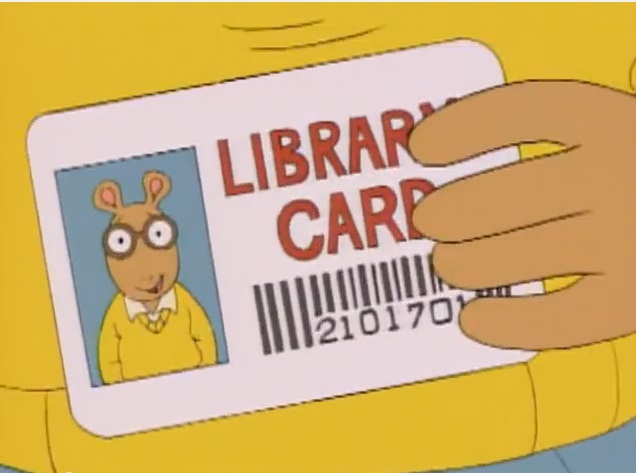Videos used to be on VHS tape, then DVD, then blu-ray. But these discs are being obsoleted. My library piled ~10s of thousands of audio CDs on tables a couple years ago and simply gave them all away. For a week you could take whatever you wanted. The library did not want them back. They were offloading.
So apparently the trend is: everything is going to the cloud. If I want to learn a new skill, Youtube has become the way to do that. So how do you bring home a #Youtube video? The library has started blocking Invidious downloads– probably fearing copyright issues.
Didn’t people generally used to be able to checkout a dozen or so DVDs? So you could watch the content at home in your overstuffed chair with beer, popcorn, pizza, whatever. The online access restrictions force us to do the viewing inside the library and only during library hours. And of course if I try to carry in an overstuffed chair, a keg of beer, and pizza, they’ll probably bounce me for breaking the “no food” rule. So it seems we’re losing the ability combine beer and videos.
When a video is walking people through the steps of repairing or rebuilding something, it can be absurdly impractical to memorize the video and (for example) try to rebuild your motorcycle. The video has to be in front of you as you work on the device.
In an abstract way, it’s a #rightToRepair issue. I would love to drive a motocycle into a library and disassemble it in the PC area as a publicity stunt.


I wonder if the format might be the issue. VHS disappeared from libraries too when people had weren’t renting them. A lot of people by that point didn’t have a VHS player, so libraries switched to DVD. Right now, my local library carries recent XBOX and Switch games, so physical stuff isn’t disappearing it’s just a format people can use.
So if DVDs and CDs are disappearing, it might be because people don’t have a way to play them. I don’t see how this would work out, but if you could instead borrow drives with massive collections of movies instead, then it might solve the problem of access? Put a DRM on the drive to inhibit copying and companies shouldn’t have an excuse
Dvd players are super cheap but libraries could loan dvd players for people who need them
There are still some CDs at one of the branches so it’s also possible that they were just shedding less popular albums. I noticed someone who spends a lot of time at the PC just listening to music from Youtube. If he wants to listen at home to whatever he’s finding on YT, he’s probably stuffed.
I’m not sure if there is an effective DRM mechanism to give the library control like that, but it would be the same problem unless they also negotiate something with Google in a way that compensates Google. I guess the big problem is that Google is the gatekeeper to begin with. If there were a deal in place, I guess I still would not be enthusiastic about doing something that feeds Google.